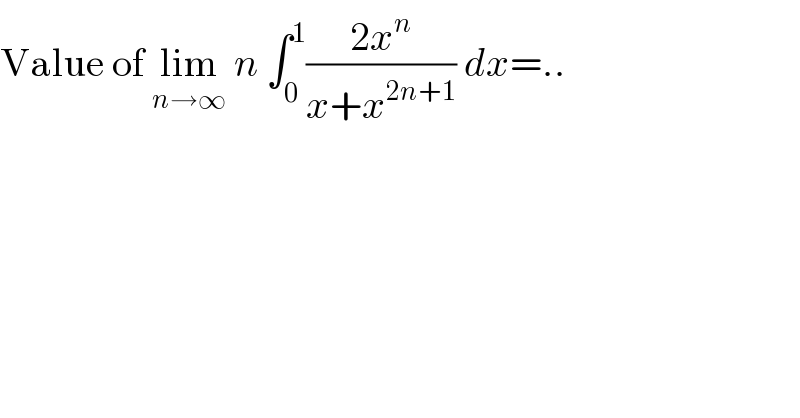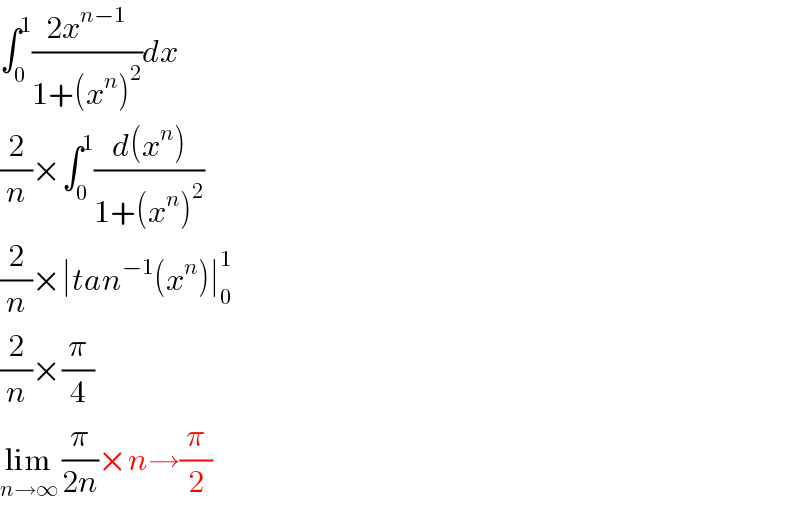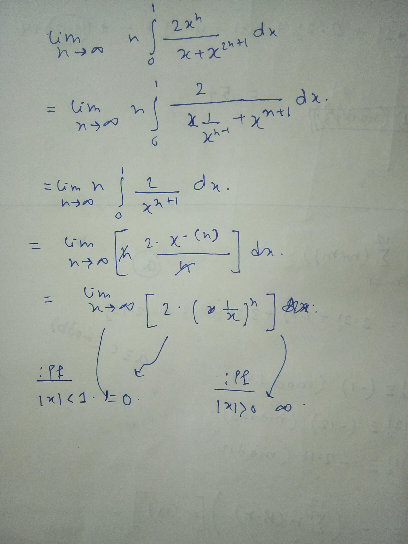
Question and Answers Forum
Question Number 55637 by gunawan last updated on 01/Mar/19

Answered by tanmay.chaudhury50@gmail.com last updated on 01/Mar/19

Answered by tm888 last updated on 01/Mar/19

| ||
Question and Answers Forum | ||
Question Number 55637 by gunawan last updated on 01/Mar/19 | ||
 | ||
Answered by tanmay.chaudhury50@gmail.com last updated on 01/Mar/19 | ||
 | ||
| ||
Answered by tm888 last updated on 01/Mar/19 | ||
 | ||